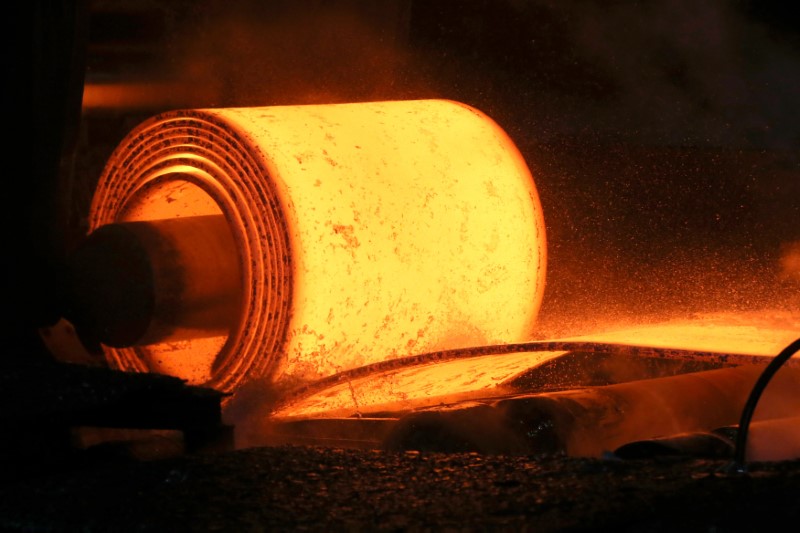The Ferrous and Non-Ferrous Metals Sector Sees 2025 as a Year of Opportunity
The iron and non-ferrous metals sector is looking positively towards 2025 and raising its export growth targets. Çetin Tecdelioğlu, Deputy Chairman of the Turkish Exporters Assembly (TİM) and Chairman of the Istanbul Iron and Non-Ferrous Metals Exporters Union (İDDMİB), described maintaining an export level of 12.5 billion dollars in 2024 as an achievement, despite regional wars, high inflation, and currency policies. He stated that they aim to reach 14 billion dollars in exports with double-digit growth in 2025.
Tecdelioğlu noted that the wars in regions such as Syria and Ukraine, the impacts of an election year, and high interest rate policies negatively affected the sector in 2024. However, he expressed that exporters demonstrated resilience and successfully completed the year.
He emphasized that the end of the war in Syria and the U.S. restrictions against China present significant opportunities for Turkey. With the conclusion of the Israel-Palestine and Ukraine-Russia conflicts, he mentioned that Turkey would regain its effectiveness in lost markets. Tecdelioğlu forecasted that Turkey could capture at least a 10 billion dollar market in infrastructure, housing, and contracting sectors in Syria, while indicating that a 10 billion dollar market loss in Russia could be compensated.
He pointed out that U.S. protectionist measures against China would provide an advantage to Turkey in European and U.S. markets and stressed the need for Turkey to enhance its importance in the global supply chain by maintaining a strong position in the sub-industry.
The sector targets 14 billion dollars in exports. The iron and non-ferrous metals sector has set a target of 14 billion dollars in exports for 2025. To achieve this goal, the sector will increase participation in international fairs, organize Ur-Ge programs, and be active in domestic and international markets through a total of 52 events. Tecdelioğlu stated that Eximbank and other banks need to develop more products to meet the financial needs of exporters.
Tecdelioğlu highlighted Eximbank as a crucial support for exporters, noting that the newly established Turkish Trade Bank could potentially become an alternative to Eximbank in the future. He also reported that Chinese companies are interested in investing in Turkey's aluminum and hardware sectors and are searching for locations in organized industrial zones.
In his assessments regarding subsectors, Tecdelioğlu noted that the copper, aluminum, and hardware sectors showed significant quantity and value increases. A quantity increase of 4.79% and a value increase of 7.84% were observed in copper, while aluminum recorded a quantity increase of 7.34% and a value increase of 0.89%. However, he pointed out that export figures in the casting, home and kitchen appliances, industrial kitchen, and fixture sectors fell below 2024 levels, indicating that these sectors are starting to lose competitiveness and urgent measures are needed.


